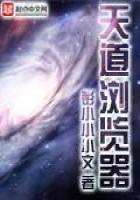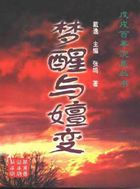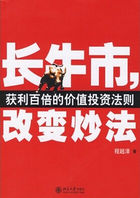Even he who reduces all human impulses and actions to the feelings of pleasure and pain must admit that, as far as we know human nature, there are, besides lower impulses, higher intellectual, aesthetic and moral ones. They give to life those ideal aims, from them grow those conceptions which accompany and influence all human life, all actions, all institutions, as ideal visions of what ought to be. Should we call the essence of what ought to be, the abstract Good, the abstract Just would be part of it. Justice is a human virtue. It has been called the virtue of virtues. It is the permanent habit of mankind to adapt its actions to the ideas which we call the abstract Just. The Just per se, anything absolutely just, is found in reality as little and as seldom as anything absolutely good. The Just is always an ideal conception, to which reality may approach, but which it will never attain; the ethical judgment that an action or the deeds of a man are just always affirms only that his deeds correspond to an ideal conception, and one single action may perhaps completely do this; but a man's whole life, society as a whole and its actions can only approach it. What kind of an action do we call just? The word is used in different senses. We often use it merely to indicate that the individual is conforming to the laws of the whole, that his actions are in accord with positive law. We use it also in the much broader sense to describe his actions, not so much as corresponding to positive law as to its ideals. We oppose a right that ought to be - as the just - to the positive law, judge the latter by the former, and call actual law unjust in so far as it does not correspond to this ideal. The conceptions which guide us herein, and from which we derive our idea of the just, are by no means simple; on the one hand the peculiar nature of legal prescriptions, being certain formal rules of social intercourse, and on the other the ideal aims of social life which determine the material contents of law, combine to create this ideal. Conceptions of the perfect commonwealth and of the perfect individual are associated in it.
When we speak of what is just in a narrower sense, when we use the word not as it is used in schools, but in the daily usage of common speech, we consider only one of these conceptions, or better, only one of these co-operating spheres of conception.
When we speak of a just judge, a just punishment, or just institutions, we usually conceive of a society, a number of people, a comparison of them, and a fair distribution of good and of bad, of that which causes pain and pleasure, measured by uniform objective standards. The specific conception of justice, the one which principally interests us here, is that of justice in distribution; it always presupposes the proportionality of two opposite quantities, one of human beings and one of goods which are to be distributed. We necessarily classify in series, according to objective characteristics, every multiplicity of persons which appears to us in some respect as a unity; and the ideal conception of what ought to be, demands the distribution of goods and evils according to this classification. By this standard our ideal always measures reality. Our moral judgment is always active in estimating the actions of men, their vices as well as their virtues and their achievements that is in comparing and classifying them. Our social instinct is ever active in fixing the relation of the individual and his doings to the whole of the community, of the State and of humanity, in measuring and locating them accordingly. With relentless necessity the conviction always governs us that this classification must determine the distribution of honors and political influence, of position, of incomes and punishments. The similar should be treated alike, the dissimilar unlike. It is a reciprocity of human actions which we demand. The maintenance of reciprocity appears just, its disregard unjust. In an unjust proportion one part obtains too much, the other too little. The unjust usurps too much of the good to be distributed, the unjustly suffering receives too little.















